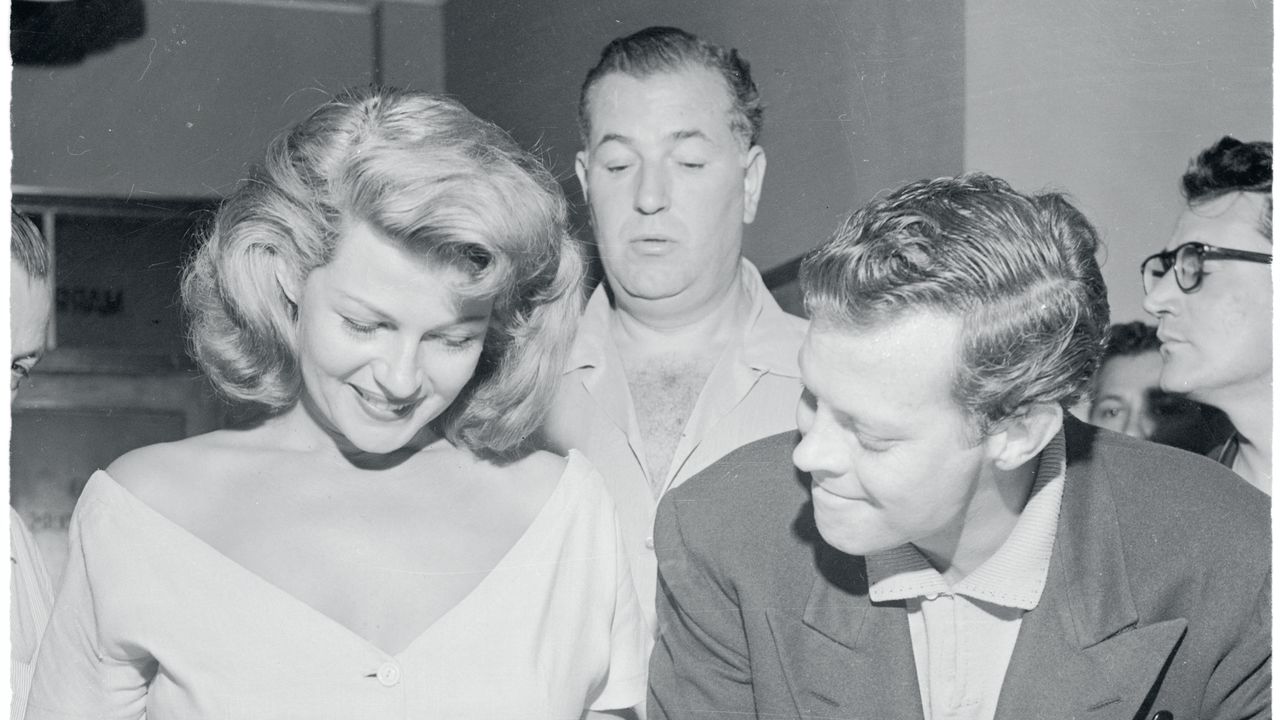After stating “I do,” a name altered after marital relationship is frequently viewed as the following action in making the couples a newlywed household. In a simple pair, custom is that the new bride surrenders her surname and plays her other half’s surname after the wedding celebration. Nonetheless, the fad is altering, and several pairs are postponing the procedure, hyphen surname or altering lawful names completely.
While this is not a marital relationship demand, there are some advantages and drawbacks to altering surname. While coming to be a label household can develop communication for pairs, the procedure of altering your name is a headache, triggering some pairs to delay lawful adjustments to stay clear of documents. For those that are widely known for their surname, it can likewise be complicated to switch it for a brand-new surname. In 2023, a Seat research revealed that when a knot was created, 80% of females in the USA altered their names in sex-related marital relationships in the USA. Nonetheless, there are indications that the numbers for the future generation might alter, as females under 50 are 11% greater than older females, and just 33% of solitary females are persuaded that they will certainly obtain the surname of their future partner.
In the future, we additionally look into exactly how pairs select a name after marital relationship and why a growing number of females select to maintain their surname undamaged.
Background of altering names after marital relationship
A female’s name modification after marital relationship is a patriarchal custom that dates mostly to middle ages England, where females were considered residential property passed from papa to other half. Because a female leaves one household and signs up with one more with marital relationship, she takes the brand-new surname to which she belongs. This custom has actually been held for centuries and gave to various other societies. In today’s progressively egalitarian cultures, this technique is much more depending on standard objectives. While some nations, consisting of the USA, do not need a name modification after marital relationship, various other nations like Japan lawfully determine this. Rather, nations like Italy, Spain, Greece, Belgium and South Korea preserve the legislation, stating that females’s surnames will certainly not alter when they obtain wed.
The fad for American females to maintain their women’ names created with the surge of the feminist motion. Title “Ladies” In the 1960s, females intended to have a grown-up prefix to join their given name, while much more females preserved their initial surname for specialist factors, therefore going into the British thesaurus. In the last few years, pairs have progressively hyphenated their surnames. On a smaller sized range, some guys would certainly call their spouses, while others would certainly develop a brand-new surname after marital relationship (the other half of starlet Zoe Saldaña, particularly her other half).
Why some individuals still select to alter their names
Altering your name after a wedding celebration is still one of the most typical technique for American pairs. Many individuals favor to do this since sharing names are not just an icon of joining your household, yet likewise permit any kind of future youngsters to be stated in the exact same surname as both moms and dads. Calling my wedded buddies on-line disclosed that name adjustments have a psychological effect, which impacts their choice to proceed. “I did this since I was a combined race, and I really felt the modification assisted me identify it,” claimed blossom developer Ahna Han. One more shared that they had no excellent partnership with their papa, yet instead divided themselves from his surname. One also confessed that she disliked the voice of her first name and really felt that her other half’s selection was a far better selection.





